Don’t Miss Live Online Workshop on Mastering Hybrid Grape Winemaking February 20. Three hours of tips and techniques. Also available later as video replay. Click here for event and registration details.
Troubleshooting
Posts
-
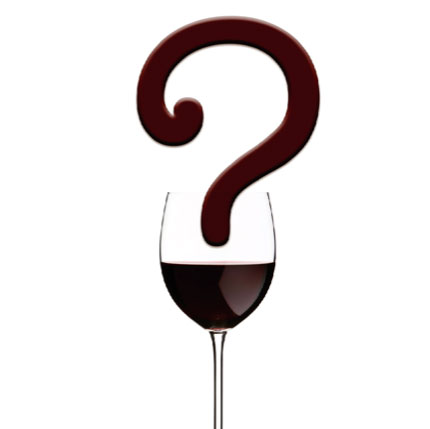 Wine-wizard
Wine-wizard
Stuck Fermentations
-
 Wine-wizard
Wine-wizard
White Film In My Wine Barrel
-
 Wine-wizard
Wine-wizard
Adding Sambuca to Wine
-
 Wine-wizard
Wine-wizard
Sniffing The Cork
-
 Wine-wizard
Wine-wizard
Dealing With Volatile Acidity
-
 Wine-wizard
Wine-wizard
Testing for MLF Completion
-
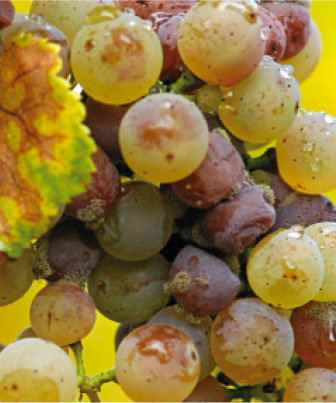 Technique
Technique
Detecting, Measuring, and Preventing Volatile Acidity
-
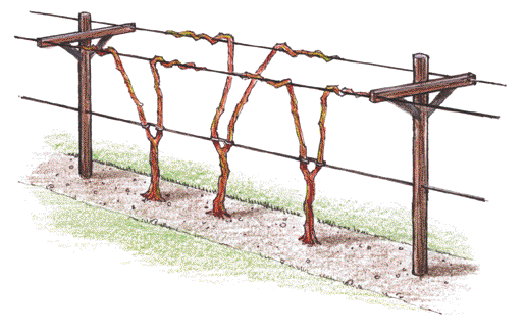 Article
Article
Vineyard Queries: A Year of Questions and Answers
This past year brought challenges and rewards for home vineyardists — and also a lot of questions for our vineyard expert Wes Hagen.
-
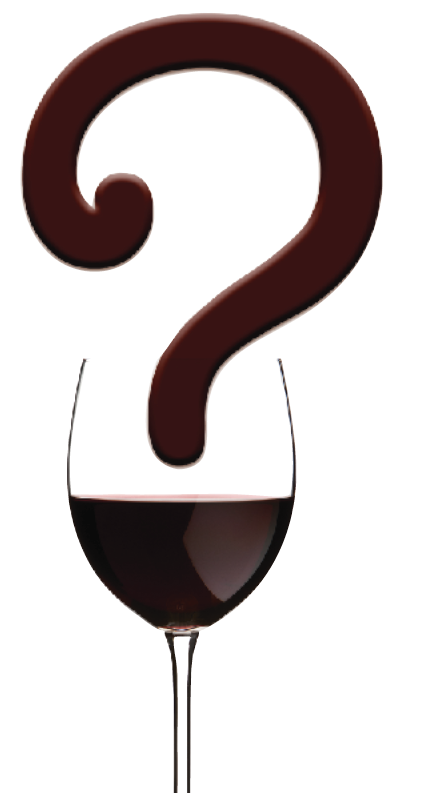 Technique
Technique
Troubleshooting Guide for Home Winemaking
This troubleshooting guide lists the most common types of problems, faults and spoilages you may encounter, how to fix them, and how to prev
-
 Wine-wizard
Wine-wizard
Can Lysozyme Arrest MLF?
-
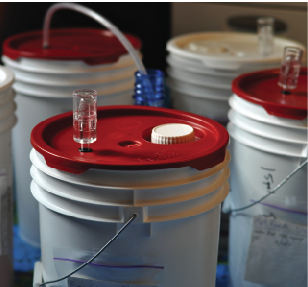 Technique
Technique
Understanding Oxygen and Oxidation in Winemaking
-
 Wine-wizard
Wine-wizard
Soapy Taste In Wine
-
Article
Volatile Acidity
An introduction into volatile acidity (VA) and how to avoid it.
-
 Technique
Technique
Choosing Corks and Wine Closures
We review the different types of closures available to home winemakers with a view to understanding oxygen permeability and the impact on wi
-
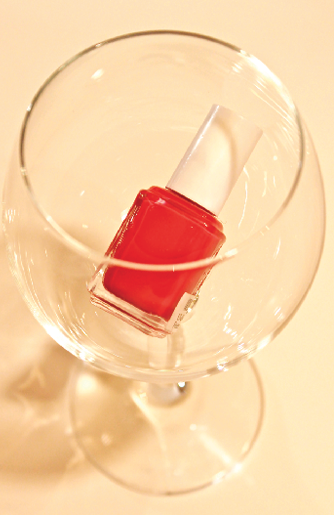 Technique
Technique
Higher Alcohol Off-Odors in Wine
-
 Wine-wizard
Wine-wizard
Stuck Fermentations
-
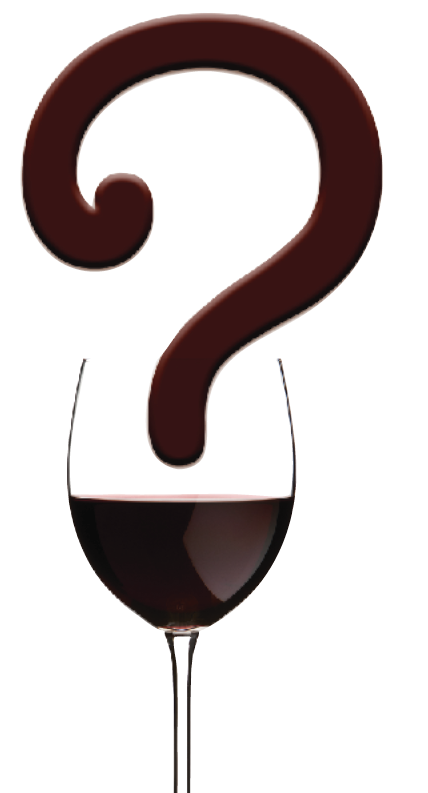 Technique
Technique
Top 10 Winemaking Myths
As in many practices with a longstanding tradition before the scientific knowledge caught up, the field of wine and winemaking has its share
-
 Technique
Technique
Fermentation Troubleshooting with Wine Kits
-
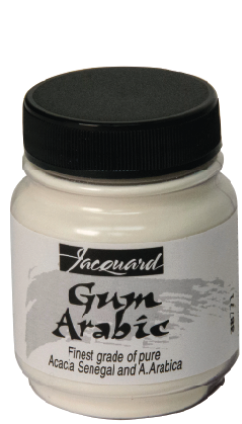 Technique
Technique
Gum Arabic: Winemaking’s Secret Weapon
Gum arabic can do so many great things for your wines, from improving mouthfeel, making a thin wine taste fuller bodied, rounding out rough
-
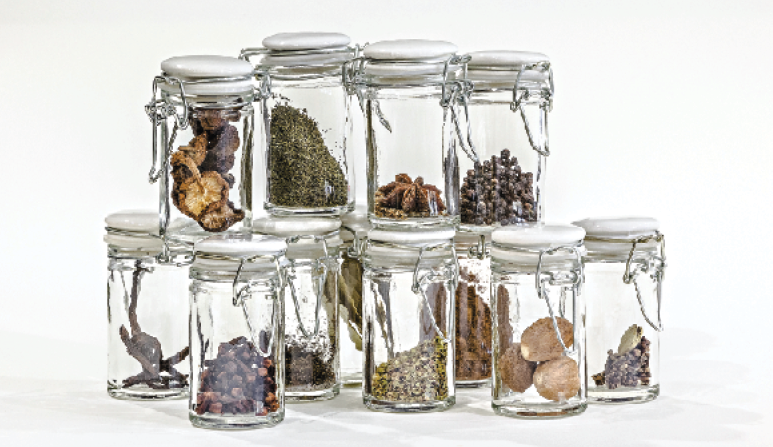 Technique
Technique
Make Your Own Red Wine Aroma Sensory Kit
An aroma kit will help improve your ability to pick out aromas in a glass of wine. You can buy a kit for over $100, or make your own for a f
-
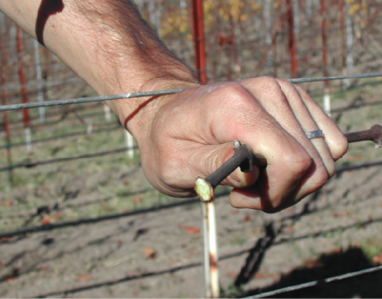 Article
Article
Grape Growing Q&A
Grape growing questions answered!
-
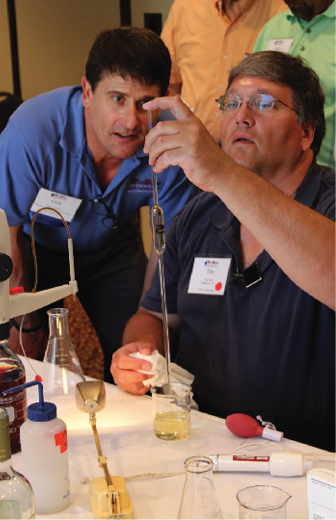 Technique
Technique
Using Outside Labs to Run Analysis Tests on your Wine
Here is some advice on when, why, or even whether you might want to take advantage of having a lab test your wine.
-
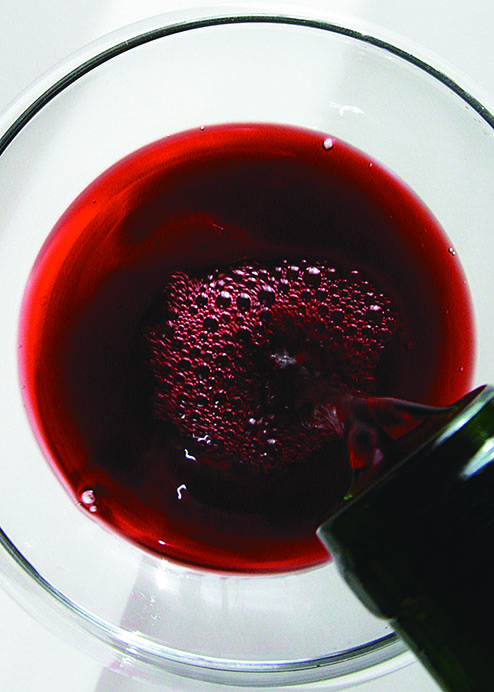 Technique
Technique
Tannin Additions in Wine Kits
Making kit wines doesn’t have to be only about following directions. Improve your wines by using tannin additions at various stages.
-
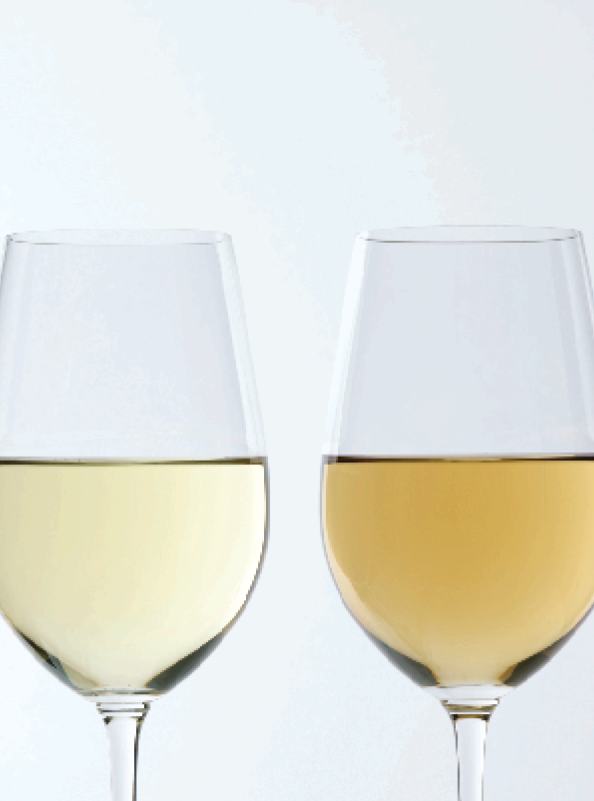 Technique
Technique
Oxidation in Winemaking
-
 Wine-wizard
Wine-wizard
When Life Gives You Limes Make Wine